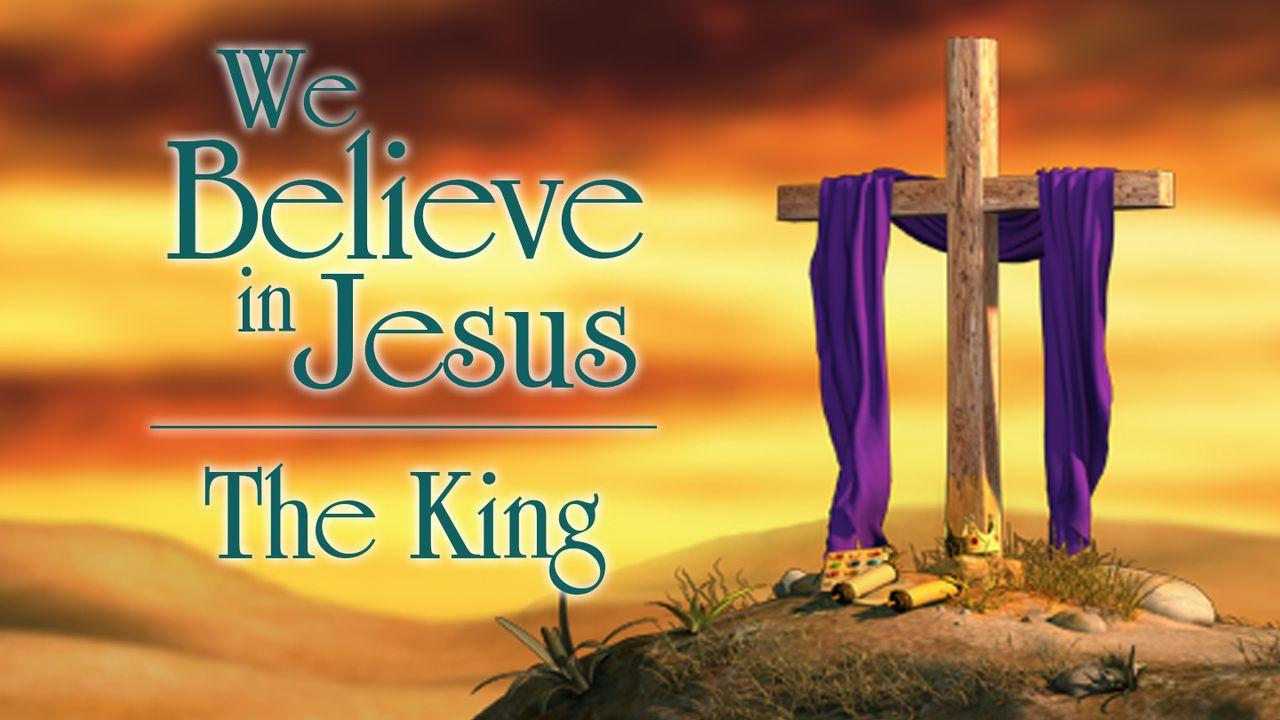We Believe In Jesus: The King預覽

Kingly Justice: Psalm 2:6-12
In the context of a king’s responsibilities, justice can be defined as judging every person as he deserves, in accordance with God’s law.
As individuals or rulers, we have the right, the freedom, and the will to choose a safe path or a sinful path. In the end God’s judgment will fall on us all. As a result those rulers will be judged. When Jesus comes he will put all things where they should be. Until then we have a mission. And that is to live as individuals that belong to God’s kingdom, and as citizens in a heavenly earth. For the time being, we practice justice and equality, respecting others, respecting the weak, being fair with the unjust, and we try hard to achieve justice knowing that we still live in a sinful world, a broken world, in a world under God’s judgment, in a world where brutality, poverty, ignorance and corruption still exist. We are like a candle that gives light, reminding others that there is a loving God in heaven who cares about the unjust and that this brutality, corruption, and arrogance, no matter how long it lasts on earth, it is temporary, and limited in time because there is a God who will, in the end, fix everything. — Dr. Jonathan Kuttab, translation
Israel’s kings were to execute God’s justice on at least two different levels. In the first place, they executed God’s international justice, enforcing God’s law between Israel and other nations.
One way kings upheld justice on an international scale was by peacefully negotiating with other nations, as Solomon did with Hiram the king of Tyre in 1 Kings 5:1-12.
Kings also pursued international justice through war. They did this by punishing wicked nations as Saul did in 1 Samuel 14:47-48, and as David did in 2 Samuel 8:1-13. The king also defended Israel when they were attacked, as David did in 2 Samuel 5:17-25, and as Hezekiah did in 2 Kings 19. Psalm 2 summarizes the justice that Israel’s kings were to render toward nations that rebelled against them and the Lord.
The ancient Near-Eastern custom of referring to the suzerain as a father and his vassal king as his son. In this case, God was the suzerain and the Davidic king was the son. And God’s plan for the world was for the nations to serve and obey the Davidic king. They were to fear and honor him because he was God’s instrument of justice in the world.
In the second place, kings were also responsible to execute God’s justice on a national scale, within Israel. Kings enforced national justice by leading God’s special people in obedience to his law. This included things like providing for the well-being and protection of the weak, as we see in Proverbs 29:14; defending against the wicked, as David modeled in 2 Samuel 4:9-12; prosecuting criminals, as in 2 Kings 14:5; and establishing stability for the growth and prosperity of the citizens, as Psalm 72 teaches. Moreover, kings were not to distort justice to favor the rich or the poor, the powerful or the weak. Scripture speaks of this role of kings in many places, including Leviticus 19:15 and Isaiah 11:1-5.
關於此計劃

This reading plan investigates the doctrine of Christology, focusing on the person and work of Jesus Christ. Jesus is God in the flesh, the center of all history, and the only hope for the salvation of humanity and creation. This plan explores Jesus' fulfillment of the Old Testament office of king.
More
